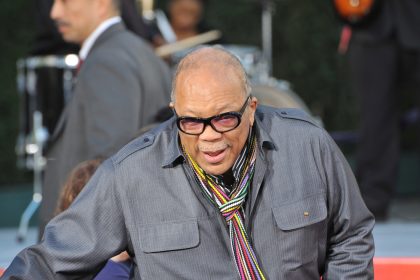For centuries, marginalized communities have confronted systemic hurdles hindering their economic prosperity and ownership of property. Among the most egregious examples of this injustice is the historical denial of property rights to Black individuals. From the shadows of slavery to the era of Jim Crow laws and beyond, Black Americans have been systematically excluded from the fundamental right to own property. Understanding the roots of this injustice is essential in comprehending its lasting impact on wealth disparity and social equity. Through a nuanced examination of historical context and contemporary repercussions, we can begin to unravel the intricate layers of discrimination and work towards rectifying the deep-seated inequalities that persist in our society.
Historical background
The denial of property rights to Black individuals in the United States traces back to the era of slavery. Enslaved Africans were considered property themselves, devoid of any legal rights or autonomy. Consequently, they were unable to own land or any other assets. Even after the abolition of slavery, discriminatory laws and practices persisted, preventing Black people from acquiring property.
Legal and institutionalized discrimination
Following the end of the Civil War, Black Americans faced a barrage of discriminatory laws known as Jim Crow laws. These laws, prevalent in the Southern states, enforced racial segregation and restricted the property rights of Black individuals. Additionally, discriminatory lending practices and redlining by banks and financial institutions further marginalized Black communities, making property ownership virtually impossible.
Economic exploitation and dispossession
Beyond legal barriers, Black Americans also faced economic exploitation and dispossession. Sharecropping, a system prevalent in the post-Civil War South, kept Black farmers in a cycle of debt and dependence, preventing them from owning the land they worked on. Furthermore, violent acts such as lynchings and race riots targeted prosperous Black communities, instilling fear and hindering economic advancement.
Civil Rights Movement and legal reforms
The Civil Rights Movement of the 1950s and 1960s brought significant attention to racial inequality, including the denial of property rights. Landmark legislation such as the Fair Housing Act of 1968 aimed to combat housing discrimination based on race, providing some legal protections for Black homebuyers. However, the effects of centuries of institutionalized racism persisted, perpetuating disparities in property ownership.
Contemporary challenges and solutions
Despite advancements in civil rights legislation, disparities in property ownership persist today. Black homeownership rates still lag behind those of White Americans, reflecting ongoing systemic barriers and wealth disparities. Addressing this issue requires multifaceted approaches, including equitable access to affordable housing, financial literacy programs and policies aimed at combating systemic racism in housing and lending practices.
The denial of property rights to Black individuals throughout history stands as a testament to the entrenched systemic racism that has plagued societies worldwide. Rooted in the brutalities of slavery, reinforced by the segregationist policies of the Jim Crow era and perpetuated through institutionalized discrimination, this injustice has cast a long shadow over generations of Black Americans.
However, recognizing the historical context of this injustice is not enough; action is imperative. It requires a concerted effort to dismantle systemic barriers and enact policies that promote inclusive homeownership for marginalized communities. By addressing disparities in access to housing, combating discriminatory lending practices and fostering economic empowerment, society can take meaningful strides toward rectifying the injustices of the past. Moreover, it demands a commitment to challenging ingrained prejudices, fostering empathy, and promoting racial justice in all aspects of life. Only through collective action and unwavering dedication to equality can we pave the way for a more equitable future, where every individual has the opportunity to thrive and secure their rightful place in society.
This story was created using AI technology.

















